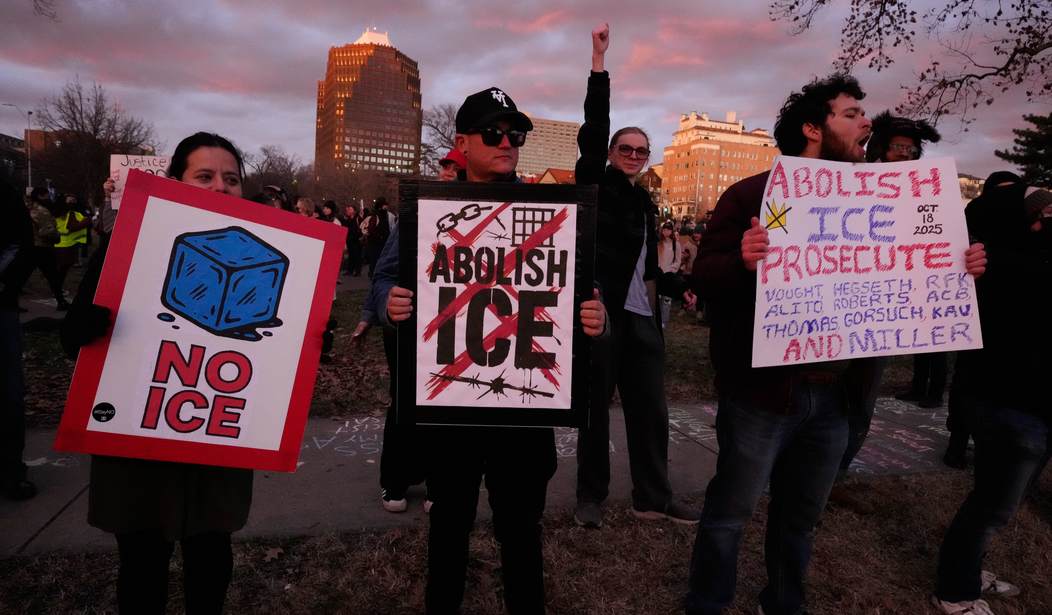
Pfizer — together with COVID-jab partner BioNTech — was a major sponsor of Sunday’s Oscars award ceremony, a broadcast that unexpectedly shone an un-missable spotlight on the hair-loss disease alopecia. In one heck of a coincidence, Pfizer just happens to be in a race for market dominance of its soon-to-be-released cure for — you guessed it — alopecia.
In the world of pharmaceutical marketing and advertising, Pfizer’s sponsorship of the 2022 Oscars was a big deal. The drugmaker wouldn’t disclose what it spent on the sponsorship, but bio news source Fierce figures that Pfizer paid at least several million for the spot. A Pfizer spokesperson told Fierce that “Pfizer and BioNTech are proud to support the Oscars, and we are heartened to see the film industry gather in person and alongside fans to celebrate the talent and artistry produced during the past year.” Basically taking credit for the event being held in person again, the spokesperson added, “The available data continue to show that broad utilization of COVID-19 vaccines and boosters can help prevent disease and protect lives, and our sponsorship highlights the impact they can have for individuals pursuing their livelihoods.”
As far as I was able to ascertain, Pfizer didn’t sponsor or even advertise on last year’s Oscars broadcast. (Someone correct me if I’m wrong.) So why now? Could it be because Pfizer is preparing to release a new class of therapeutics soon and is playing catch-up with the competition? Last August, Fierce reported:
Pfizer’s alopecia therapy has been linked to a reduction in hair loss in early topline clinical data, setting the stage for a scrap with Eli Lilly and Incyte in the title fight for a potential blockbuster opportunity.
Ritlecitinib has met its primary endpoint in a phase 2b/3 clinical trial of patients with alopecia areata, Pfizer reported Wednesday. The update on the JAK3/TEC inhibitor comes months after Eli Lilly and Incyte reported late-phase success in alopecia.
There are currently no FDA-approved treatments for alopecia, an autoimmune disease characterized by hair loss, but multiple drugs could come to market in the indication over the coming years. Pfizer’s ritlecitinib joined Lilly and Incyte’s Olumiant on the list of drugs to hit the primary endpoint in pivotal alopecia trials on Wednesday—and Concert Pharmaceuticals is following closely behind.
In addition, just this month, Pfizer completed its acquisition of Arena Pharma, a biopharmaceutical company that currently has a range of therapeutics in development. Yahoo Finance covered the story:
Arena Pharmaceuticals brings to Pfizer a portfolio of diverse and promising development-stage therapeutic candidates in gastroenterology, dermatology, and cardiology, including etrasimod, an oral, selective sphingosine 1-phosphate (S1P) receptor modulator currently in development for a range of immuno-inflammatory diseases including ulcerative colitis, Crohn’s Disease, atopic dermatitis, eosinophilic esophagitis, and alopecia areata. (emphasis added)
Getting back to the Oscars: what was your first reaction when you saw Will Smith walk up on stage and smack Chris Rock? If you were like most of us, you thought, “That’s not real” or “Is this an act?” It certainly seemed like a bizarre and overblown reaction on Smith’s part, to the extent that it was hardly believable. Later in the broadcast, his tearful, rambling acceptance speech made it seem more plausible the actor was truly in the throes of emotional difficulty. (Colleague Megan Fox and I both wrote about it.) But then again, Smith is an actor.
Now, today comes the revelation that Pfizer, which will soon be competing to sell the most therapeutics for alopecia sufferers, was a major sponsor of the Oscars. Which it hadn’t sponsored before. And which coincidentally featured a bizarre incident that focused the world’s attention on alopecia.
I’m not saying Pfizer sponsored the Oscars and set up the Smith-Rock altercation as a marketing ploy. But if they did, it would’ve been brilliant. It’s worth noting that their spokesperson told Fierce, “The film industry has embraced vaccination, masking and other protocols designed to help prevent disease and avoid serious illness from COVID-19 and we are pleased to work with it to further promote public health,” so it’s not like the pharma giant is unaware of the power of Hollywood to make a sale.
Of course, we all know that coincidence doesn’t equal causality. Just because Pfizer sponsored the Oscars, and the Oscars just happened to focus worldwide attention on a fairly obscure disease, and Pfizer just happens to have a cure for that disease coming out soon, doesn’t mean there’s a connection there.
But what are the chances?

No comments:
Post a Comment